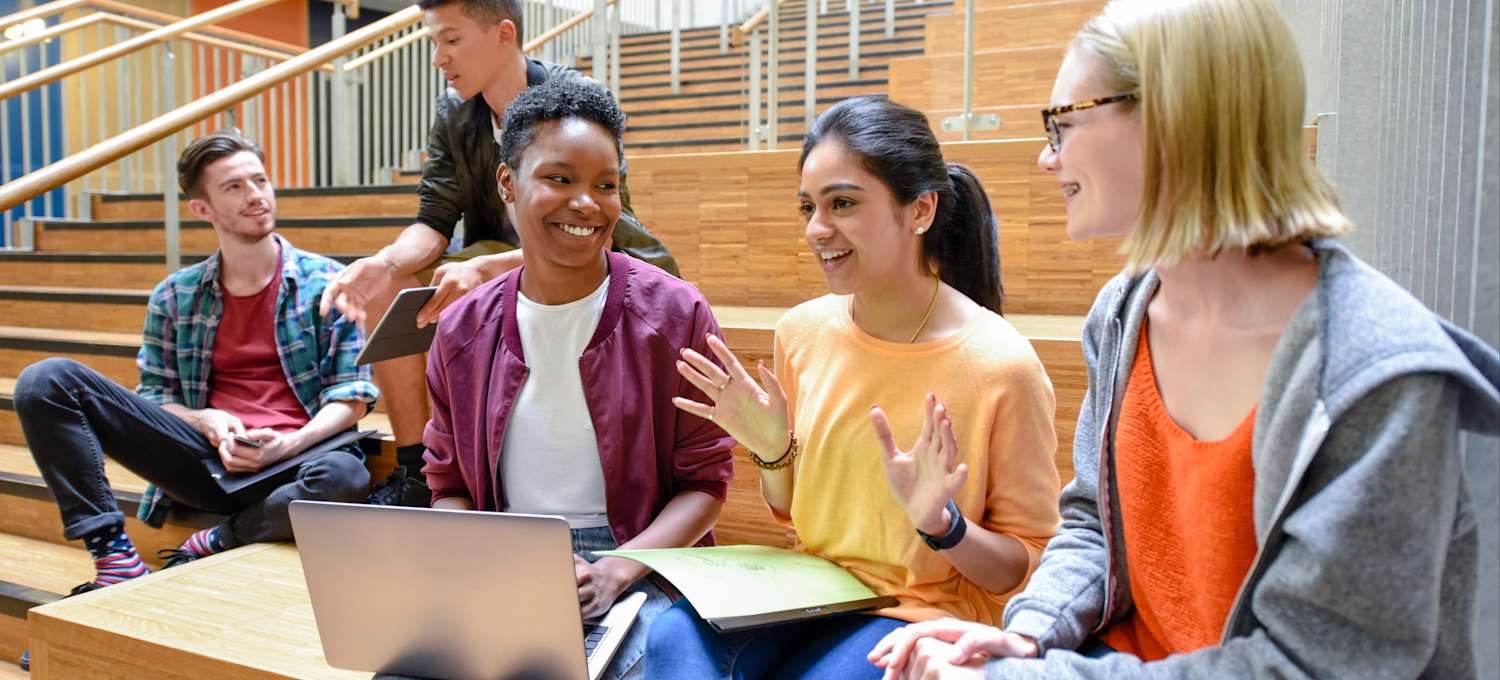In the ever-evolving landscape of education, the traditional college system stands as a stalwart, shaping the academic journeys of countless students. However, as we step into an era marked by innovation and diverse learning needs, it’s time to question the status quo. This article delves into the standard college system, exploring its strengths, challenges, and the winds of change that suggest a reevaluation of how we approach higher education.

I. The Pillars of Tradition: Understanding the Standard College System
1. The Four-Year Model: A Time-Honored Tradition
The standard college system is synonymous with the four-year degree model, where students pursue a bachelor’s degree across various disciplines. This structure, rooted in history, has long been considered the standard path to acquiring higher education and preparing for professional life.
2. Departmental Majors: Specialization as the Norm
Under the traditional college system, students typically choose a major within a specific department, signaling a deep dive into a particular field of study. This structured approach aims to provide expertise and specialization, laying the groundwork for careers aligned with the chosen discipline.
II. The Tapestry of Challenges: Critiquing the Standard College System
1. Financial Strain: The Burden of Tuition and Expenses
One of the foremost challenges associated with the standard college system is the escalating cost of tuition and associated expenses. As student loan debt continues to soar, questions arise about the accessibility of higher education and the long-term financial impact on graduates.
2. Rigidity in Learning: A One-Size-Fits-All Approach
Critics argue that the traditional college system adopts a one-size-fits-all approach, overlooking the diverse learning styles and aspirations of students. The rigid structure may limit exploration and hinder the development of a holistic skill set that extends beyond the boundaries of a chosen major.
3. Evolving Job Market: Mismatched Skills and Demands
In an era marked by rapid technological advancements and dynamic job markets, concerns emerge about the relevance of traditional degrees. The mismatch between the skills acquired through conventional majors and the evolving demands of the workforce prompts a reevaluation of the standard college system.
III. Winds of Change: Exploring Alternative Education Models
1. Online and Hybrid Learning: A Digital Revolution
The rise of online education and hybrid learning models challenges the geographical constraints of traditional campuses. Students can now access courses from renowned institutions globally, paving the way for a more inclusive and flexible education landscape.
2. Competency-Based Education: Beyond Seat Time
Competency-based education focuses on students mastering specific skills rather than adhering to a fixed timeline. This model allows for personalized learning paths, accommodating diverse learning speeds and styles while ensuring mastery of the subject matter.
IV. The Holistic Approach: Integrating Life Skills and Experiential Learning
1. Life Skills Education: Beyond Academics
Recognizing the importance of holistic development, some educational models emphasize life skills education. This includes critical thinking, communication, and problem-solving – skills crucial for success in both personal and professional spheres.
2. Experiential Learning: Bridging Theory and Practice
Experiential learning goes beyond classroom lectures, providing students with hands-on experiences in real-world settings. Internships, research projects, and community engagement initiatives become integral components, enhancing practical skills and fostering a deeper understanding of the subject matter.
V. A Global Perspective: Embracing Cultural Diversity and Collaboration
1. International Exchanges: Broadening Horizons
Breaking away from a localized mindset, a shift towards global education involves international exchanges, collaborative research, and cultural immersion. This global perspective prepares students to navigate an interconnected world and fosters cross-cultural understanding.
2. Interdisciplinary Studies: Breaking Down Silos
Departing from the compartmentalization of disciplines, interdisciplinary studies encourage collaboration between diverse fields. This approach recognizes that real-world challenges often require multifaceted solutions, and a broader educational foundation can better equip students for the complexities of the modern world.
VI. The Role of Technology: Enabling Personalized Learning Journeys
1. Adaptive Learning Platforms: Tailoring Education to Individuals
Technology plays a pivotal role in reshaping education through adaptive learning platforms. These platforms utilize data and analytics to customize learning experiences, catering to the individual needs and pace of each student.
2. Virtual Reality (VR) and Augmented Reality (AR): Immersive Learning Environments
The integration of VR and AR technologies offers immersive learning experiences. From virtual field trips to simulated laboratory experiments, these tools expand the possibilities of experiential learning in ways previously unexplored.
VII. Future-Ready Graduates: Nurturing Skills for Tomorrow’s Challenges
1. Emphasis on Critical Thinking and Adaptability
A reimagined education system places a significant emphasis on nurturing critical thinking skills and adaptability. These skills are regarded as essential for navigating an unpredictable future where the ability to analyze, innovate, and embrace change becomes paramount.
2. Lifelong Learning Mindset: Beyond Graduation
The traditional notion of education culminating with a degree is evolving. A focus on lifelong learning encourages individuals to continuously acquire new skills and knowledge throughout their professional journey, ensuring relevance in an ever-changing landscape.
Conclusion: Pioneering the Next Chapter in Education
In conclusion, the standard college system, while rooted in tradition, faces a transformative juncture. As we navigate the challenges and opportunities of the 21st century, an exploration of alternative models and a reevaluation of educational norms become imperative. The winds of change blow in the direction of inclusivity, adaptability, and a holistic approach to education that goes beyond conventional boundaries. As we pioneer the next chapter in education, the goal is not just to equip students with degrees but to empower them with the skills, mindset, and resilience needed to thrive in a world of constant evolution.